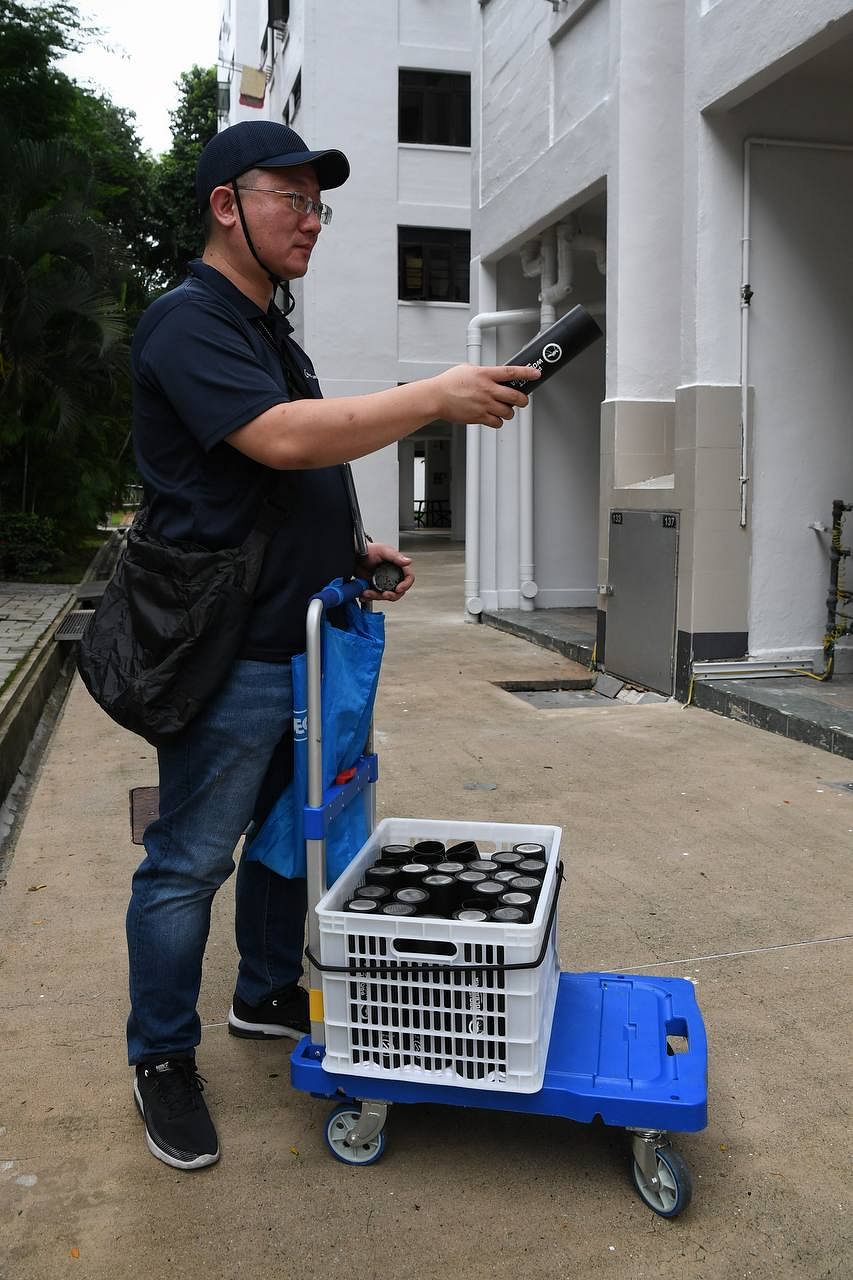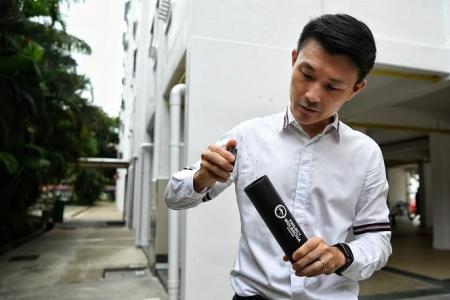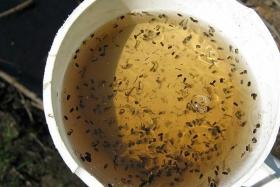Weekly dengue cases have fallen by about 70% since peak in May: Baey Yam Keng
Weekly dengue cases have fallen sharply by about 70 per cent from the peak in May, but residents must keep working together to prevent a second dengue surge this year.
Senior Parliamentary Secretary for Sustainability and the Environment Baey Yam Keng, who gave an update on the dengue situation on Monday, also said about 95 per cent of dengue clusters have closed.
The National Environment Agency (NEA) in a statement on Monday said there were 427 dengue cases reported last week - 46 fewer than the week before.
That brings the total number of dengue cases up to Oct 7 to 28,500. Nine people have died of dengue so far this year, compared to five last year.
NEA on Sept 30 said there were 142 dengue clusters reported up to Oct 7 - six fewer compared with 148 the week before.
In May, weekly dengue cases were at about 1,500.
In a bid to curb the early dengue outbreak in Singapore, NEA had brought forward to March 30 the launch of the National Dengue Prevention Campaign, said Mr Baey.
The campaign entailed putting up dengue alert banners in areas with high numbers of Aedes aegypti mosquitoes, which spread dengue, to remind people to take proactive mosquito prevention measures.
Inspections were also carried out regularly to remove mosquito breeding habitats to further cut the risk of dengue transmission.
To complement existing dengue control efforts, NEA had begun releasing male Wolbachia-Aedes mosquitoes at eight additional field sites since July - bringing the total number of Wolbachia sites to 13.
On Monday, Mr Baey took part in an exercise to release male Wolbachia mosquitoes at a site in MacPherson.
It is one of eight new sites, including Punggol and Sengkang, where these mosquitoes will be released.
Project Wolbachia has been expanded to cover about 31 per cent of all Housing Board blocks in Singapore, including the latest batch that takes in another 1,400 HDB blocks.
Project Wolbachia involves the release of male mosquitoes infected with the Wolbachia bacteria to control the population of Aedes aegypti mosquitoes.
The bacteria is found in many insects, but not in the Aedes aegypti mosquito.
When male Wolbachia-Aedes mosquitoes mate with female Aedes aegypti mosquitoes that do not carry the bacteria, the resulting eggs do not hatch.
Mr Baey said the weekly production of male Wolbachia mosquitoes was first at two million, and that has now expanded to about five million a week.
He said: "This covers existing sites, but to cover the whole of Singapore, we need a lot more...
"We have to improvise on limited equipment and technologies as this large-scale production has been without automation, making it a very labour-intensive one."

Mr Baey added that NEA and its partners have been working closely together to find new innovative ways to increase production capacity.
He said that even after the end of the traditional dengue peak season - which the warmer months of June to October lead to accelerated development of the Aedes mosquito vector and faster multiplication of the dengue virus in mosquitoes - there is a need for continued vigilance as weekly dengue cases remain high, along with the Aedes aegypti mosquito population.
For instance, there are still large dengue clusters in Boon Lay Avenue, Aroozoo Avenue and Hougang Avenue 1, Jelapang Road, Bishan Street 11 and Marine Crescent.
NEA said it will continue to work closely with MPs and community volunteers to educate and inform residents on dengue prevention efforts.
Get The New Paper on your phone with the free TNP app. Download from the Apple App Store or Google Play Store now



